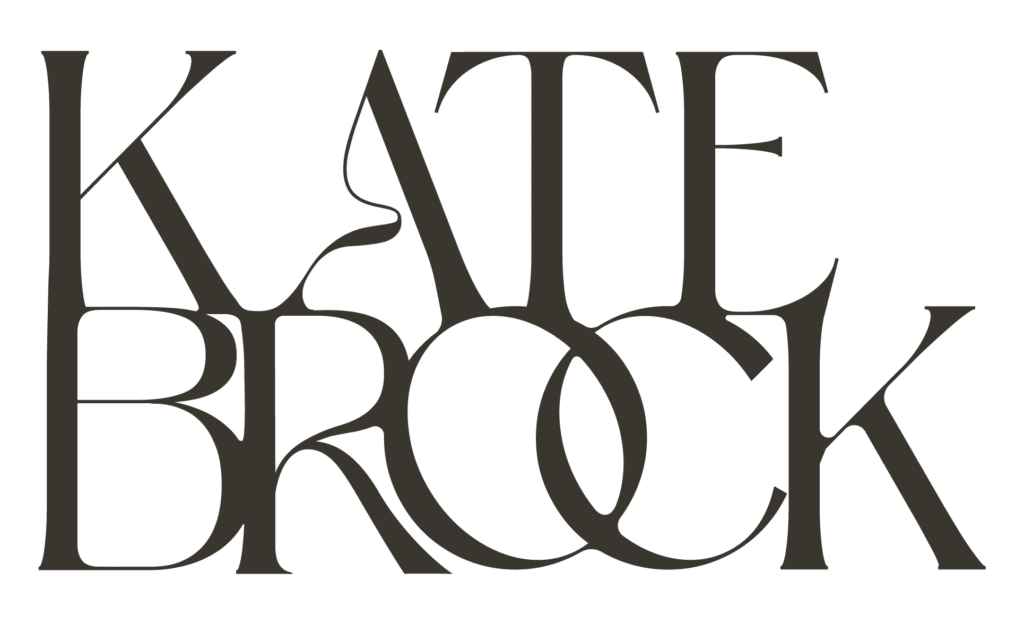
If you have Aetna or Cigna, you may have coverage for nutrition counseling, but every plan is different. It’s important to call your insurance provider before your first session to confirm what is covered.
Step 1: Call Your Insurance Provider
Use the customer service number on the back of your insurance card. When you reach a representative, say:
“I’d like to check my benefits for nutrition counseling with a dietitian. Can you help me verify coverage for CPT codes 97802 and 97803? My provider’s NPI is 1629804943.”
Providing your dietitian’s NPI (National Provider Identifier) ensures they check for the correct provider and benefits.
Step 2: Ask These Key Questions
✔️ Are CPT codes 97802 (initial session) and 97803 (follow-up sessions) covered under my plan?
✔️ Is nutrition counseling covered under preventative services?
✔️ How many visits are covered per year?
✔️ Do I have a co-pay, deductible, or coinsurance for these visits?
✔️ Do I need a referral or prior authorization?
Step 3: Diagnosis Codes That May Be Required
Insurance companies require a diagnosis code (ICD-10) to process claims. Coverage depends on your medical history and the reason for your visit.
Preventative Coverage (No Pre-existing Condition Required)
These codes are used when nutrition counseling is covered as a preventative service (often fully covered with no co-pay):
- Z71.3 – Dietary counseling and surveillance
- Z72.4 – Inappropriate diet and eating habits
Usually, they will say that you need a BMI code or other preventative code attached to this. You can ask them to use a BMI code like Z68.20, just to check, but we will calculate your BMI in our first session.
Please note that I do not use BMI as a marker of health, this is just required for insurance purposes.
Codes for Medical Conditions (Coverage Varies by Plan)
If you have a medical condition, your insurance may require one of these codes:
Metabolic & Endocrine Disorders
- E66.9 – Obesity, unspecified
- E66.01 – Morbid obesity
- E66.3 – Overweight
- E11.9 – Type 2 diabetes, without complications
- E78.0 – Pure hypercholesterolemia
- E78.5 – Hyperlipidemia, unspecified
- E88.81 – Metabolic syndrome
Eating Disorders & Related Conditions
- F50.01 – Anorexia nervosa, restricting type
- F50.02 – Anorexia nervosa, binge-eating/purging type
- F50.2 – Bulimia nervosa
- F50.81 – Binge-eating disorder
- F50.89 – Other specified eating disorder
- F50.9 – Eating disorder, unspecified
- R63.0 – Anorexia (loss of appetite)
Digestive & Gastrointestinal Conditions
- K21.9 – GERD (acid reflux)
- K50.90 – Crohn’s disease, unspecified
- K51.90 – Ulcerative colitis, unspecified
- K59.00 – Constipation, unspecified
- K90.0 – Celiac disease
- Z93.3 – Need for a lactose-free diet
Heart & Circulatory Conditions
- I10 – Essential hypertension
- I25.10 – Atherosclerotic heart disease
- I49.9 – Cardiac arrhythmia, unspecified
Other Commonly Used Codes
- R63.4 – Abnormal weight loss
- R63.5 – Abnormal weight gain
- Z83.3 – Family history of diabetes
- Z83.49 – Family history of cardiovascular disease
Important: Coverage depends on your specific policy and medical necessity. If a code is not covered, the session may be billed as self-pay.
I’ve seen my clients get 10-26 sessions covered with Aetna under preventative & unlimited (sometimes with a co-pay) with Eating Disorders or other medical conditions.
With Cigna, it’s more variable based on your plan
Step 4: Ready to Get Started?
Once you’ve verified your benefits, the next step is to book a free call to discuss your goals and see if we’re a good fit.
📌 Click here to schedule your free call: https://p.bttr.to/3SkYiY1
📌 Already know you want to work together? – Here’s a link to book your initial session:
This conversation helps ensure you get the most out of your insurance benefits and our work together. I look forward to connecting with you!



